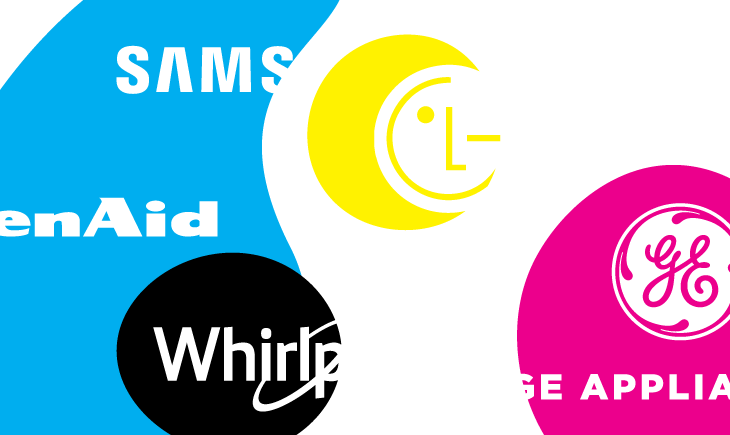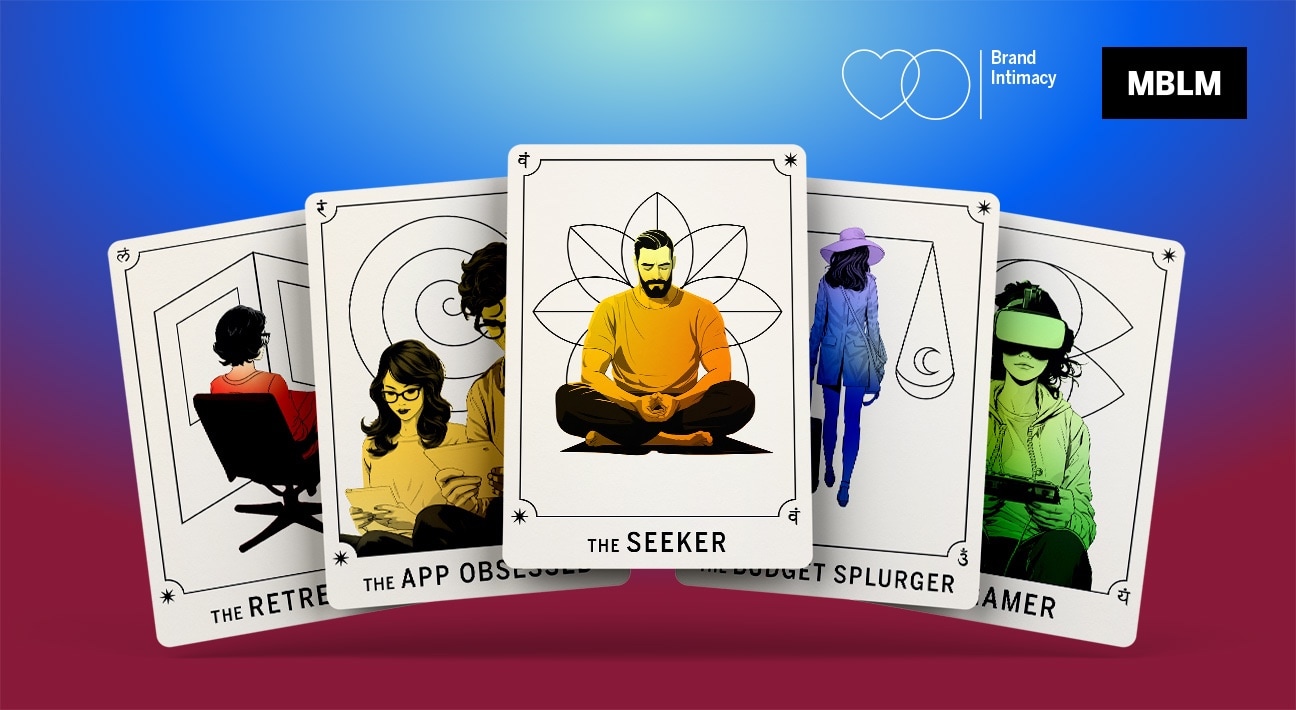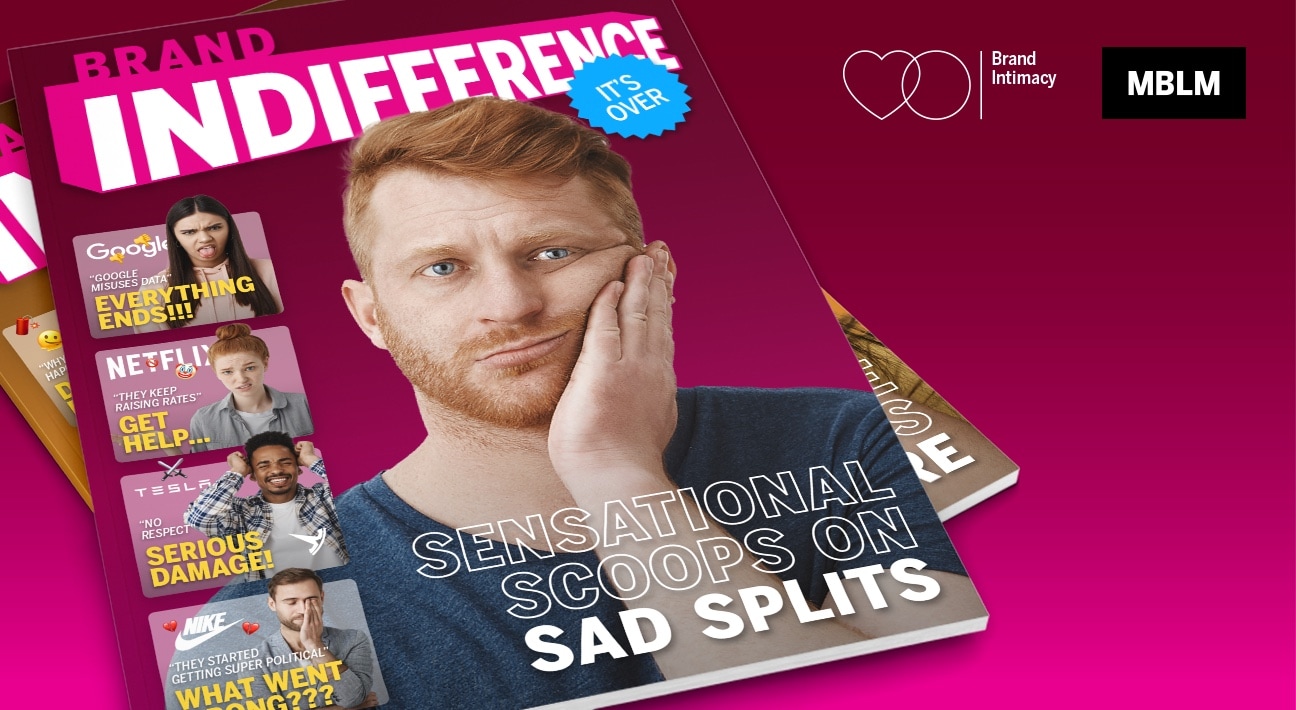Appliances Industry Continued Poor Performance in MBLM’s Brand Intimacy 2019 Study

The appliances industry ranked 13th out of the 15 industries studied in MBLM’s Brand Intimacy 2019 Study, which is the largest study of brands based on emotion. Brand Intimacy is defined as the emotional science that measures the bonds we form with the brands we use and love. Whirlpool topped the industry followed by KitchenAid. Samsung Appliances fell to third after ranking first in MBLM’s 2018 study. The remaining brands in the top 10 were: LG, GE Appliances, Bosch, Dyson, Maytag, Black + Decker and Sub Zero.
“The appliances industry climbed one spot from our 2018 study but continues to struggle to connect to customers emotionally,” stated Mario Natarelli, managing partner, MBLM. “Appliance brands are not able to leverage their form factor like hardware manufacturing brands in the technology and gaming space, nor do have the same emotional connection as other big ticket brands like those in automotive. However, we think they have similar opportunities to build greater bonds with their users.”
Other significant appliances industry findings from MBLM’s study include:
- Appliances had an average Brand Intimacy Quotient of 19.0, which was well below the cross-industry average of 31.0
- Enhancement, the archetype associated with becoming better through use of the brand, was the most prominent in the category, and KitchenAid was the top appliance brand for enhancement
- Whirlpool ranked #1 and led among users over 35, whereas millennials preferred KitchenAid
- Whirlpool was also the top brand for men, and Dyson led among women
- KitchenAid was the top brand among users with incomes both under and over $100,000
- Whirlpool and Bosch improved their standings in the industry since last year, while Samsung Appliances and Dyson slid in the rankings
- 11% of the industry’s customers are in one of the three stage of intimacy: sharing, bonding and fusing
MBLM also released an article examining Whirlpool, entitled, “Whirlpool: Leading the Pack.” While the brand did well in the industry, it ranked 106th in the overall study. It rose from #7 in the appliances industry in 2018 to the top brand in the industry this year. Its Brand Intimacy Quotient more than doubled, and it had the #1 brand in the category for the archetypes of fulfillment, ritual and nostalgia. Demographically, the brand generally performed better with male, lower-income, and younger audiences, which clearly signals an area for improvement.
To view appliances industry findings, please click here. To download the full Brand Intimacy 2019 Study or explore the Data Dashboard click here.
Methodology & Sources
During 2018, MBLM with Praxis Research Partners conducted an online quantitative survey among 6,200 consumers in the U.S. (3,000), Mexico (2,000), and the United Arab Emirates (1,200). Participants were respondents who were screened for age (18 to 64 years of age) and annual household income ($35,000 or more) in the U.S. and socioeconomic levels in Mexico and the UAE (A, B and C socioeconomic levels). Quotas were established to ensure that the sample mirrored census data for age, gender, income/socioeconomic level, and region. The survey was designed primarily to understand the extent to which consumers have relationships with brands and the strength of those relationships from fairly detached to highly intimate. It is important to note that this research provides more than a mere ranking of brand performance and was specifically designed to provide prescriptive guidance to marketers. We modeled data from over 6,200 interviews and approximately 56,000 brand evaluations to quantify the mechanisms that drive intimacy. Through factor analysis, structural equation modeling, and other sophisticated analytic techniques, the research allows marketers to better understand which levers need to be pulled to build intimacy between their brand and consumers. Thus, marketers will understand not only where their brand falls in the hierarchy of performance but also how to strengthen performance in the future.
To read a more detailed description of MBLM’s approach, visit its Methodology page

